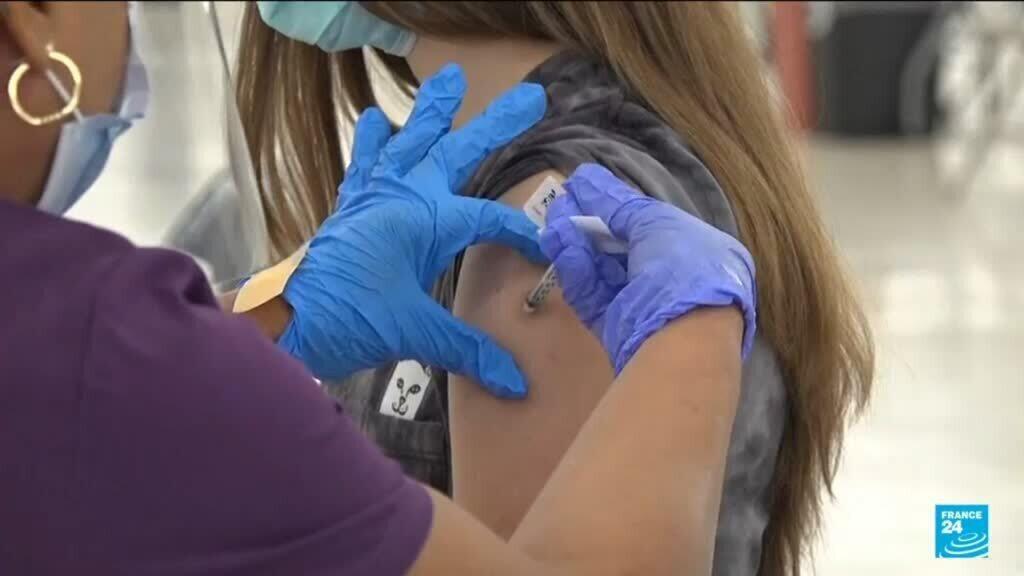Introduction to COVID-19 Vaccines and Cancer Treatment
COVID-19 vaccines have been found to offer unexpected benefits for cancer patients, according to preliminary research. The study suggests that vaccines, particularly those from Pfizer and Moderna, can have a positive impact on the treatment of certain types of cancer.
The Study’s Findings
People with advanced lung or skin cancer who received the vaccine within 100 days of starting immunotherapy showed significant improvement in their survival rates. This discovery has sparked interest in the potential for COVID-19 vaccines to enhance cancer treatment outcomes.
How Vaccines Impact Cancer Treatment
The mRNA in the vaccines is believed to boost the immune system’s response to cancer treatments. This effect is thought to be independent of any virus-related effects, meaning that the vaccine’s benefits for cancer patients are not directly related to its ability to prevent COVID-19.
The Role of mRNA in Cancer Treatment
The mRNA in the vaccines plays a crucial role in stimulating the immune system. By enhancing the body’s natural defenses, the vaccine can help the immune system to more effectively target and destroy cancer cells. This can lead to improved outcomes for cancer patients, particularly those undergoing immunotherapy.
Future Implications
The preliminary research suggests that COVID-19 vaccines may have a broader range of benefits than initially thought. Further study is needed to fully understand the potential of these vaccines in cancer treatment and to explore their use in combination with other therapies. The findings of this research could have significant implications for the development of new cancer treatments and the improvement of patient outcomes.

